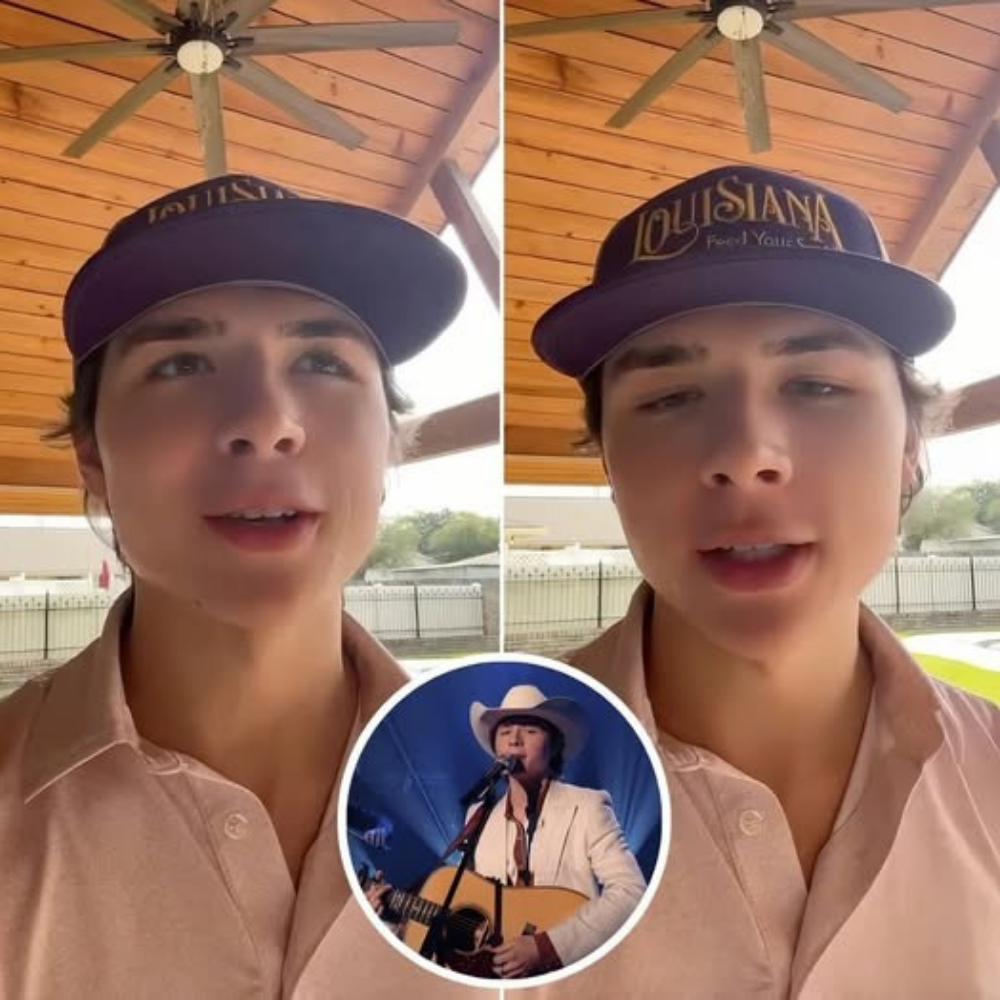In a recent interview, Bleu Davinci, a prominent figure in the hip-hop community, opened up about his complex relationship with rapper Jeezy and the notorious Black Mafia Family (BMF). As discussions surrounding the group’s legacy and its key players continue to swirl, Davinci provided an inside look at the dynamics that led to Jeezy’s rise and Big Meech’s silence.

Davinci asserted that the success of Jeezy was largely built on the groundwork laid by Big Meech and the BMF organization. He recounted a time when Meech, constrained by an ankle monitor, was unaware of the financial agreements being made while Jeezy signed multiple record deals. “Meech allowed Jeezy to thrive without ensuring we were compensated for our contributions,” Davinci explained. He emphasized that during this period, Meech was often distracted by nightlife, leading to poor decisions regarding their business affairs.
The conversation took a more serious turn as Davinci recalled a violent incident involving Meech. He described a home invasion in which Meech was forced to defend himself, illustrating a side of the rapper that many may not associate with his public persona. “He did bust that [gun] one time,” Davinci said, referring to the incident that highlighted Meech’s capability to act in a moment of crisis.
As the interview progressed, Davinci addressed the ongoing scrutiny surrounding Big Meech’s actions and the conflicting narratives emerging in the media. He criticized the silence of other significant players in the BMF story, suggesting that many are hesitant to speak out due to the fear of repercussions or a desire to align themselves with what seems popular. “People are opportunists; they want to see how it plays out,” he remarked, shedding light on the complexities of loyalty and reputation within the street culture.
Davinci also raised questions about why Big Meech has remained quiet amid these controversies. He theorized that Meech’s silence serves as a protective measure, allowing him to avoid the pitfalls of lying in a situation where the truth is readily available. “It’s better to say nothing than to lie and have to explain your way out of it,” he stated.
Moreover, Davinci delved into the broader implications of BMF’s narrative, asserting that the organization’s influence extended far beyond Detroit. He highlighted the interconnections between various cities, including Atlanta, Los Angeles, and Miami, showcasing how the BMF’s reach was nationwide and not confined to its birthplace. “Detroit is just one part of the story,” he noted, emphasizing the network that propelled BMF into the limelight.
As the discussion drew to a close, Davinci expressed a desire for more transparency and accountability within the community, particularly regarding the reputations of individuals associated with BMF. He called for a clearer distinction between personal decisions and the collective reputation of Detroit’s street culture, insisting that Meech’s actions should not tarnish the entire city’s image.
Bleu Davinci’s revelations not only provide a deeper understanding of the BMF saga but also reflect the complex interplay of loyalty, ambition, and the harsh realities of life in the hip-hop industry. As the legacy of BMF continues to be dissected, Davinci remains a pivotal voice, advocating for recognition of the truth amidst the myths that have come to define this infamous organization.
